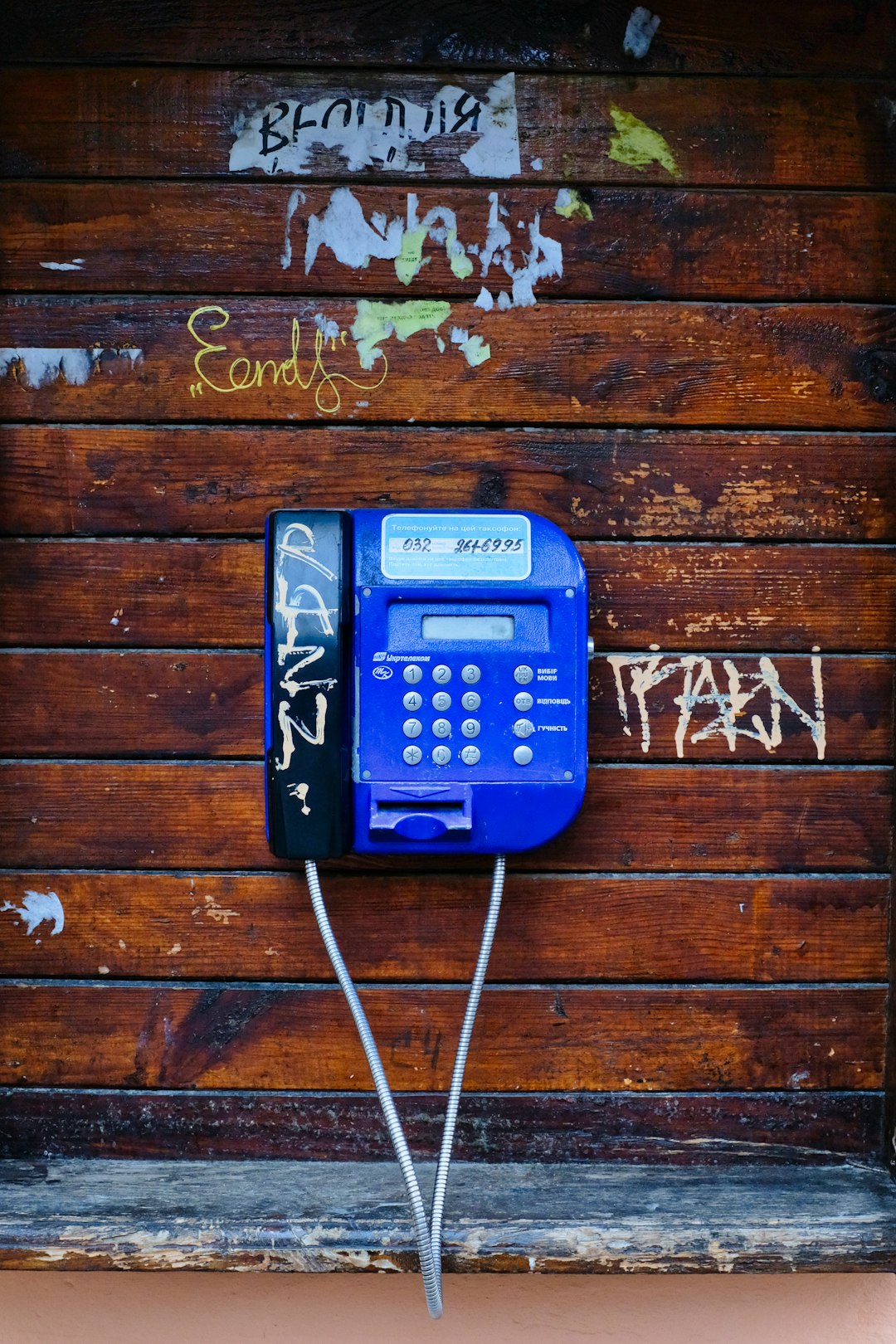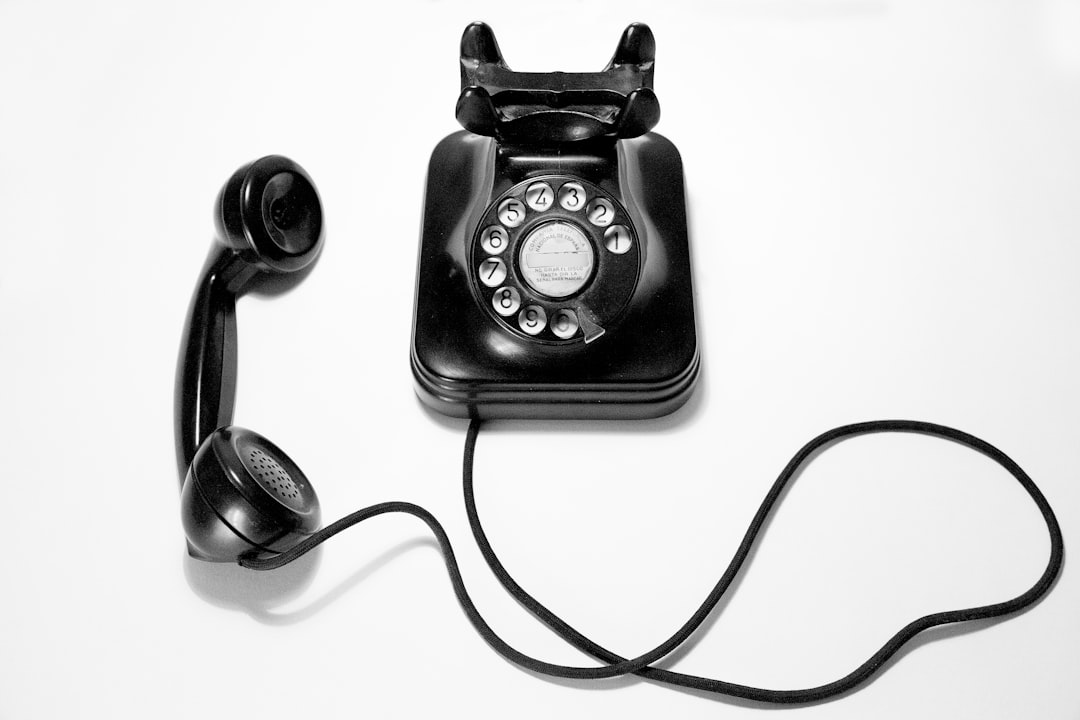Roofing contractors in Nantucket, MA, face stringent federal and state regulations regarding autodialer marketing, with the Telephone Consumer Protection Act (TCPA) as a key guideline. To avoid legal issues and substantial fines, they must obtain explicit consent from clients, maintain accurate records, and stay compliant through specialized autodialer lawyers Massachusetts. Adhering to these best practices ensures ethical use of autodialers while protecting consumer rights.
In today’s digital age, roofing contractors in Nantucket, Massachusetts, are leveraging technology with autodialers for marketing. However, using automated phone dialing systems (autodialers) comes with legal considerations and guidelines set forth by state laws. This article guides Nantucket roofing contractors through the intricate web of regulations surrounding autodialer use, offering insights into compliance, best practices, and expert tips from top autodialer lawyers in Massachusetts to ensure business integrity and avoid legal pitfalls.
Understanding Autodialer Regulations in Massachusetts

In Massachusetts, the use of autodialers for marketing purposes is regulated by both state and federal laws, including the Telephone Consumer Protection Act (TCPA). Roofing contractors using autodialers to contact potential clients must adhere to strict guidelines to avoid legal repercussions. These regulations are designed to protect consumers from unsolicited calls and texts, ensuring their privacy and peace of mind.
Autodialer lawyers in Massachusetts play a crucial role in guiding roofing businesses on compliant practices. They help contractors understand when and how to use autodialing technologies while respecting consumer rights. By ensuring compliance with TCPA rules, these legal experts safeguard Nantucket contractors from facing substantial fines or lawsuits stemming from unauthorized autodialer usage.
Legal Considerations for Roofing Contractors Using Autodialers

Roofing contractors in Nantucket, like elsewhere in Massachusetts, must adhere to strict legal guidelines when employing autodialers for marketing purposes. The use of automated phone systems, including autodialers, is regulated by state and federal laws designed to protect consumers from unsolicited calls and messages. These regulations are overseen by the Federal Communications Commission (FCC) and the Massachusetts Attorney General’s Office.
Contractors who use autodialers should be aware of the Telephone Consumer Protection Act (TCPA), which restricts automated calls and texts to numbers not specifically agreed upon by the recipient. This law also requires explicit consent for marketing purposes and provides consumers with the right to opt-out of future communications. Violations can result in substantial fines, making it crucial for roofing contractors to consult with autodialer lawyers Massachusetts to ensure compliance and mitigate potential legal risks.
Best Practices and Compliance Tips for Nantucket Roofing Businesses

For Nantucket roofing contractors looking to leverage autodialers for customer outreach, adhering to best practices and legal guidelines is paramount. First and foremost, ensure explicit consent from potential clients before making automated calls or sending texts. This not only aligns with Massachusetts’ consumer protection laws but also builds trust with your audience. Use clear and concise language in your autodialer messages, providing an easy opt-out option for recipients who may wish to cease communication.
In addition, maintain accurate records of consent and customer interactions. Regularly review and update your autodialer scripts to ensure compliance with changing regulations and best practices. Stay informed about the latest developments from autodialer lawyers Massachusetts to navigate any legal complexities effectively. Engaging in these proactive measures will help Nantucket roofing businesses harness the benefits of autodialers while maintaining ethical and lawful standards.






